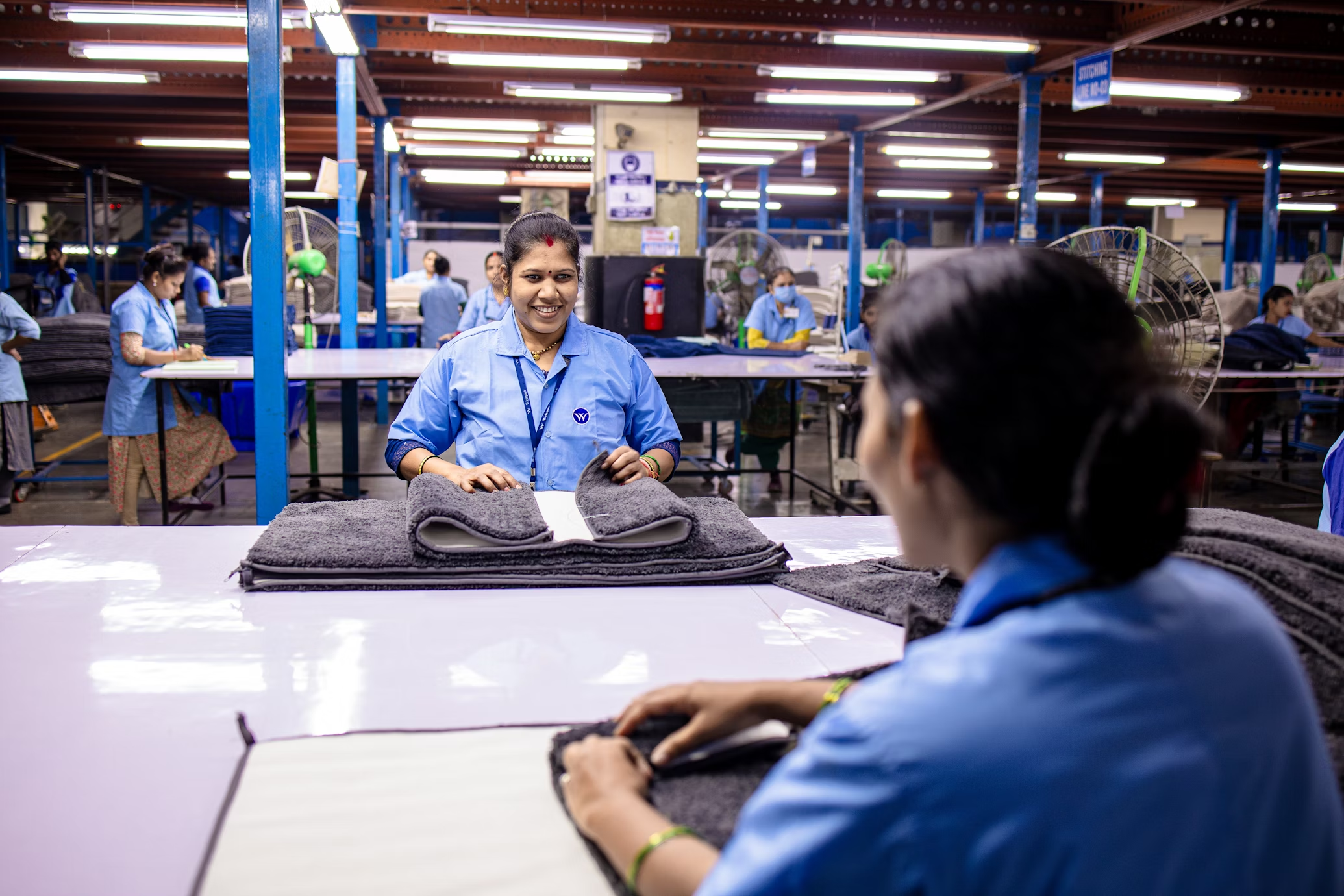
In the fast-paced world of high-tech operations, supply chain excellence is crucial for maintaining a competitive advantage and meeting customer expectations. While supply chain management often focuses on logistics, technology, and processes, the role of Human Resources (HR) is equally vital. HR plays a crucial role in supporting and enabling supply chain excellence by managing talent, fostering a culture of continuous improvement, and aligning workforce capabilities with operational goals.
The Strategic Role of HR in High-Tech Supply Chains
High-tech supply chains are complex and demand agility, innovation, and precision. HR’s involvement goes beyond traditional administrative functions, positioning itself as a strategic partner. By attracting and retaining skilled professionals who understand both technology and supply chain dynamics, HR helps build a workforce capable of navigating challenges and driving improvements.
HR teams collaborate with supply chain leaders to identify the critical skills and competencies required in roles spanning procurement and logistics, data analysis, and supplier relationship management. This partnership ensures that hiring, training, and development efforts are tailored to the evolving needs of high-tech supply chains. The result is a team equipped to handle disruptions, optimize processes, and quickly adopt emerging technologies.
Talent Acquisition and Retention in a Competitive Market
The high-tech sector faces fierce competition for top talent, especially in specialized supply chain roles. HR strategies focused on talent acquisition play a key role in supply chain excellence by sourcing candidates with the right technical skills and adaptability. This includes recruiting professionals familiar with digital tools such as AI, machine learning, and advanced analytics, which are increasingly integrated into supply chain operations.
Retention is equally essential. HR implements programs that promote employee engagement and career development, reducing turnover and maintaining continuity in critical supply chain functions. Offering clear career paths, continuous learning opportunities, and competitive compensation packages helps keep high-performing employees motivated. In doing so, HR strengthens the supply chain’s human capital, enabling consistent operational performance.
Training and Development for Continuous Improvement
High-tech supply chains are constantly evolving, driven by rapid technological advancements and shifting market demands. HR supports supply chain excellence by developing comprehensive training programs that keep employees up-to-date with the latest tools and best practices. These programs encompass both technical skills, such as systems integration and data interpretation, and soft skills, including problem-solving and cross-functional collaboration.
Furthermore, HR encourages a culture of continuous improvement by facilitating workshops, certifications, and leadership development initiatives. Employees trained to identify inefficiencies and implement improvements contribute directly to a more agile and resilient supply chain. This ongoing education ensures the workforce can adapt to changes and sustain high performance over time.
Fostering Collaboration Across Departments
Supply chain success in high-tech operations depends heavily on collaboration across various functions, including engineering, manufacturing, procurement, and logistics. HR plays a pivotal role in breaking down silos and promoting teamwork by designing organizational structures that foster open communication and collaboration.
By implementing team-building activities and cross-functional projects, HR helps build trust and understanding among employees from different areas. This collaborative environment leads to faster problem-solving and innovation, ultimately enhancing supply chain responsiveness and efficiency. HR also supports leadership development programs that emphasize inclusive leadership and effective communication, further strengthening the interconnectedness of supply chain teams.
Leveraging Technology to Enhance HR’s Impact
HR itself benefits from adopting technology to support supply chain excellence. Tools such as HR analytics platforms provide insights into workforce trends, skill gaps, and performance metrics. These data-driven insights enable HR to make informed decisions regarding recruitment, training, and succession planning that are tailored to the supply chain’s needs.
Additionally, digital platforms facilitate remote work, virtual training, and streamlined communication, which are especially valuable in global high-tech supply chains. HR’s ability to leverage these technologies ensures that the workforce remains connected and productive regardless of location, supporting continuous supply chain operations.
Building a Culture of Agility and Resilience
High-tech supply chains must be agile and resilient to respond to disruptions, such as component shortages, geopolitical tensions, or sudden changes in demand. HR contributes to building this culture by promoting flexibility and adaptability among employees.
This involves fostering a mindset that is open to change and innovation. HR initiatives might include change management training, resilience workshops, and recognition programs that reward problem-solving and innovation. By embedding these values into the organizational culture, HR helps create a workforce ready to face uncertainty with confidence, thereby strengthening overall supply chain performance.
Aligning Workforce Strategy with Business Goals
For supply chain excellence to truly impact business outcomes, HR must align workforce strategies with the company’s broader objectives. This requires ongoing dialogue between HR leaders and supply chain executives to ensure that human capital initiatives align with and support operational priorities.
HR contributes to strategic planning by forecasting future talent needs in response to business growth and market trends. It also monitors workforce performance against key supply chain metrics, making adjustments to talent management approaches as necessary. This alignment ensures that HR efforts directly support the company’s mission to deliver superior products and services through efficient and innovative supply chain operations.
HR’s role in supporting supply chain excellence in high-tech operations is multifaceted and essential. From acquiring and retaining specialized talent to fostering collaboration and leveraging technology, HR ensures that the workforce is prepared and motivated to meet the unique challenges of the industry. By integrating human resource strategies with supply chain goals, companies position themselves for sustained success in a competitive and fast-changing market.